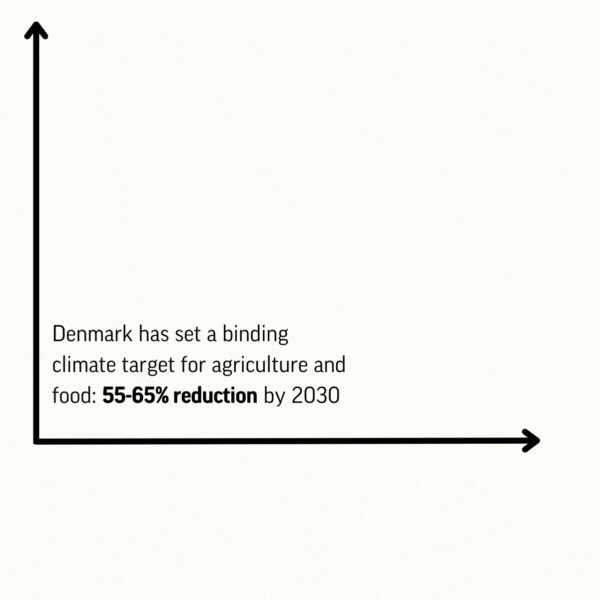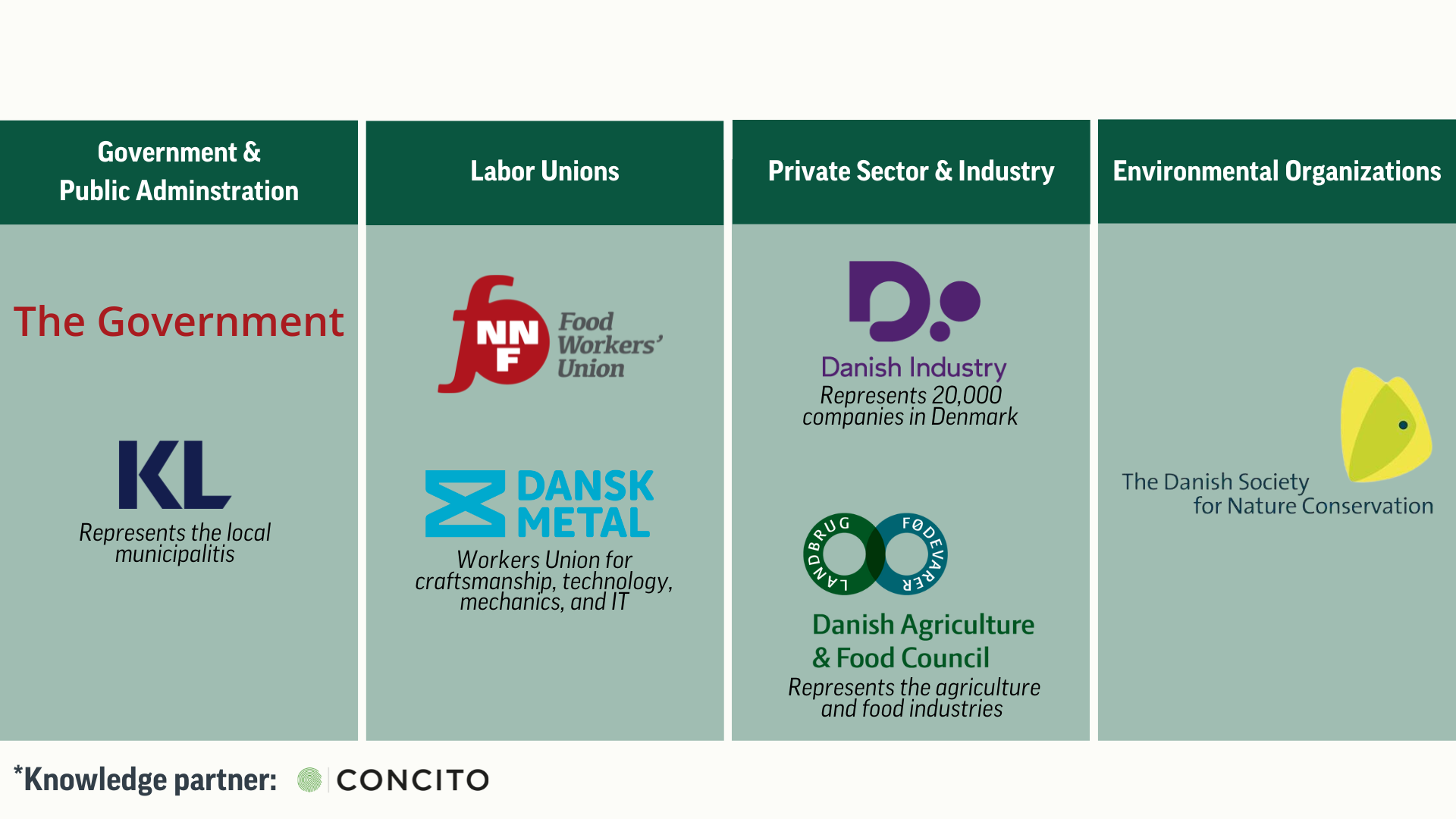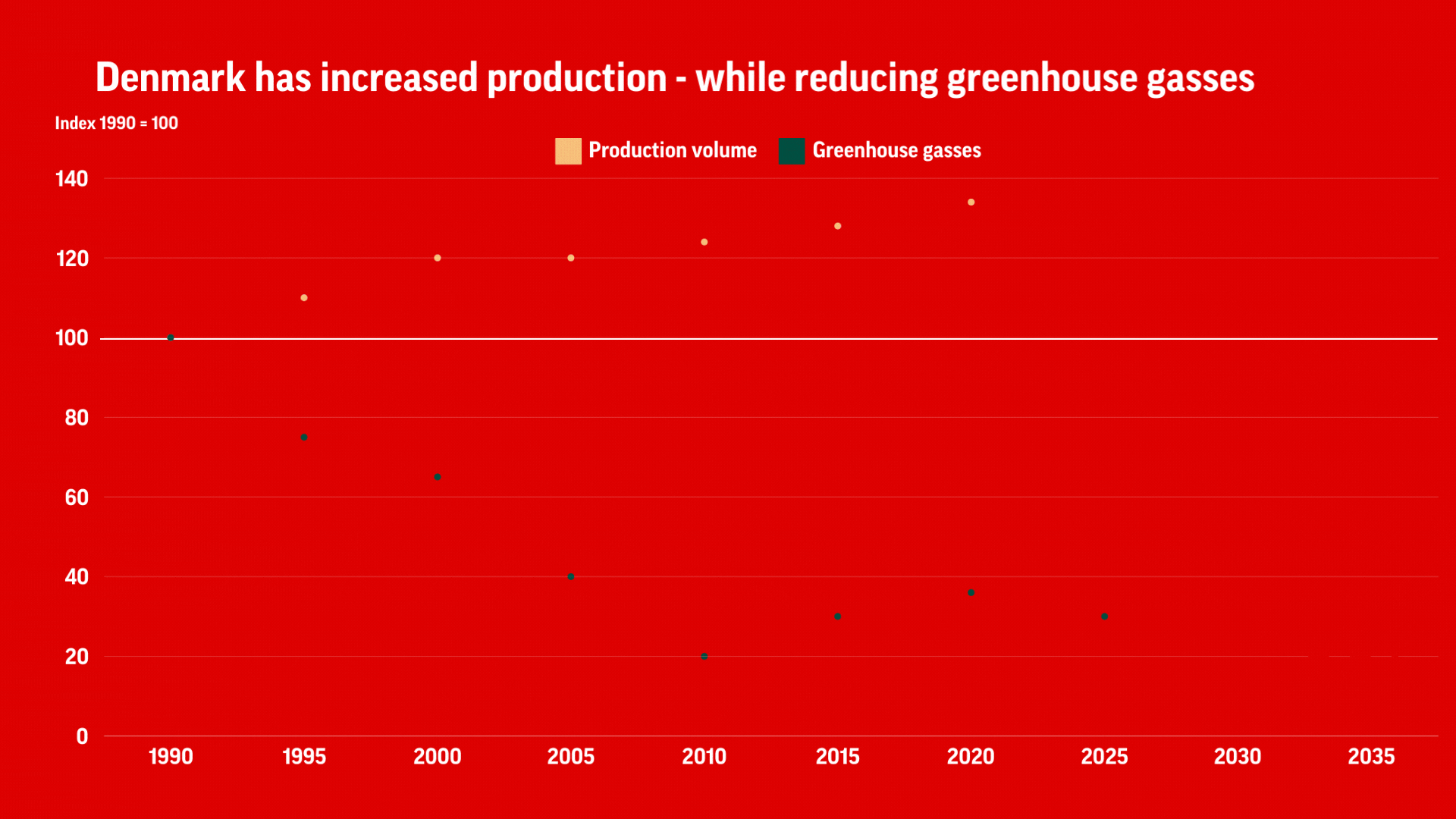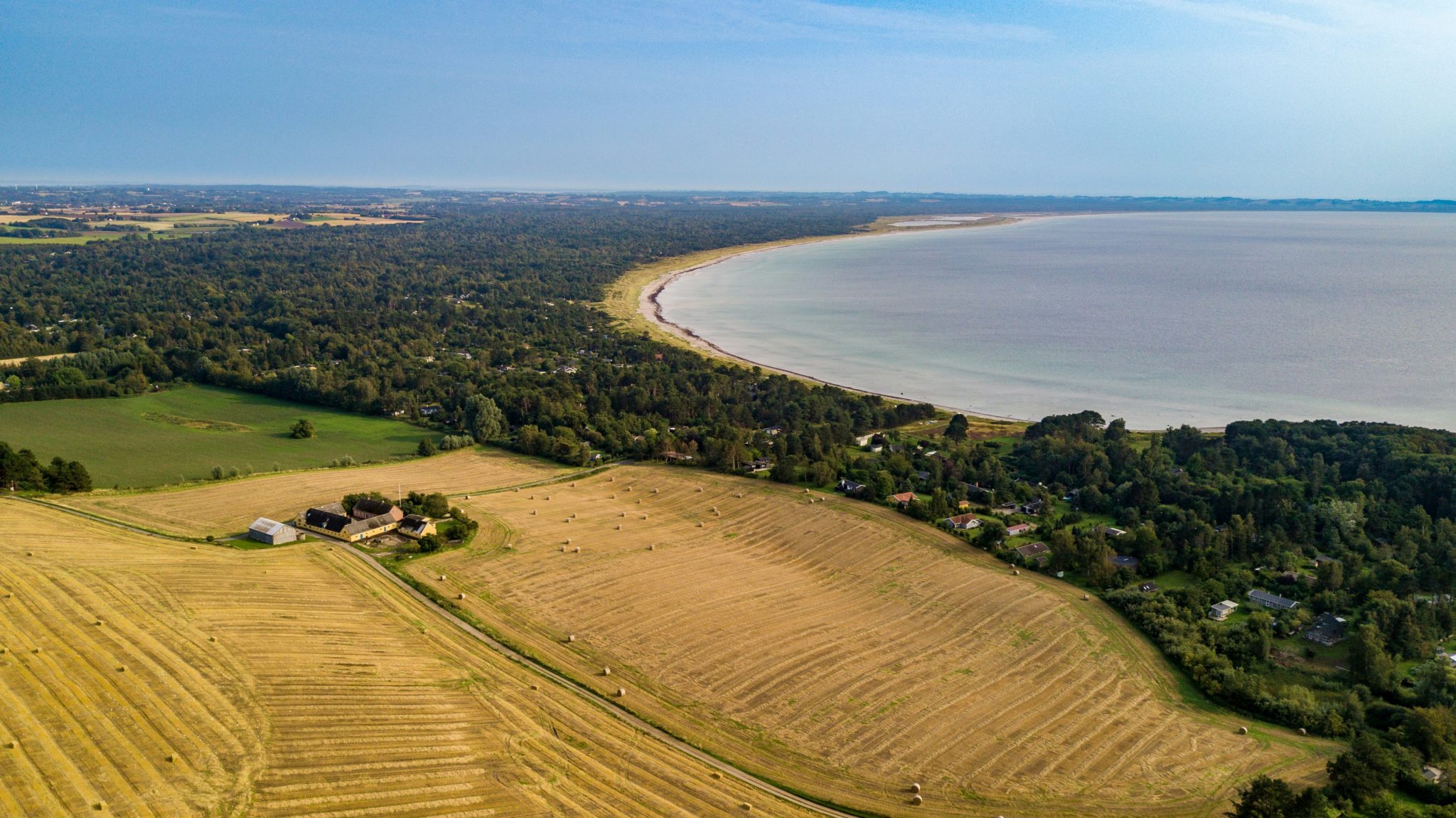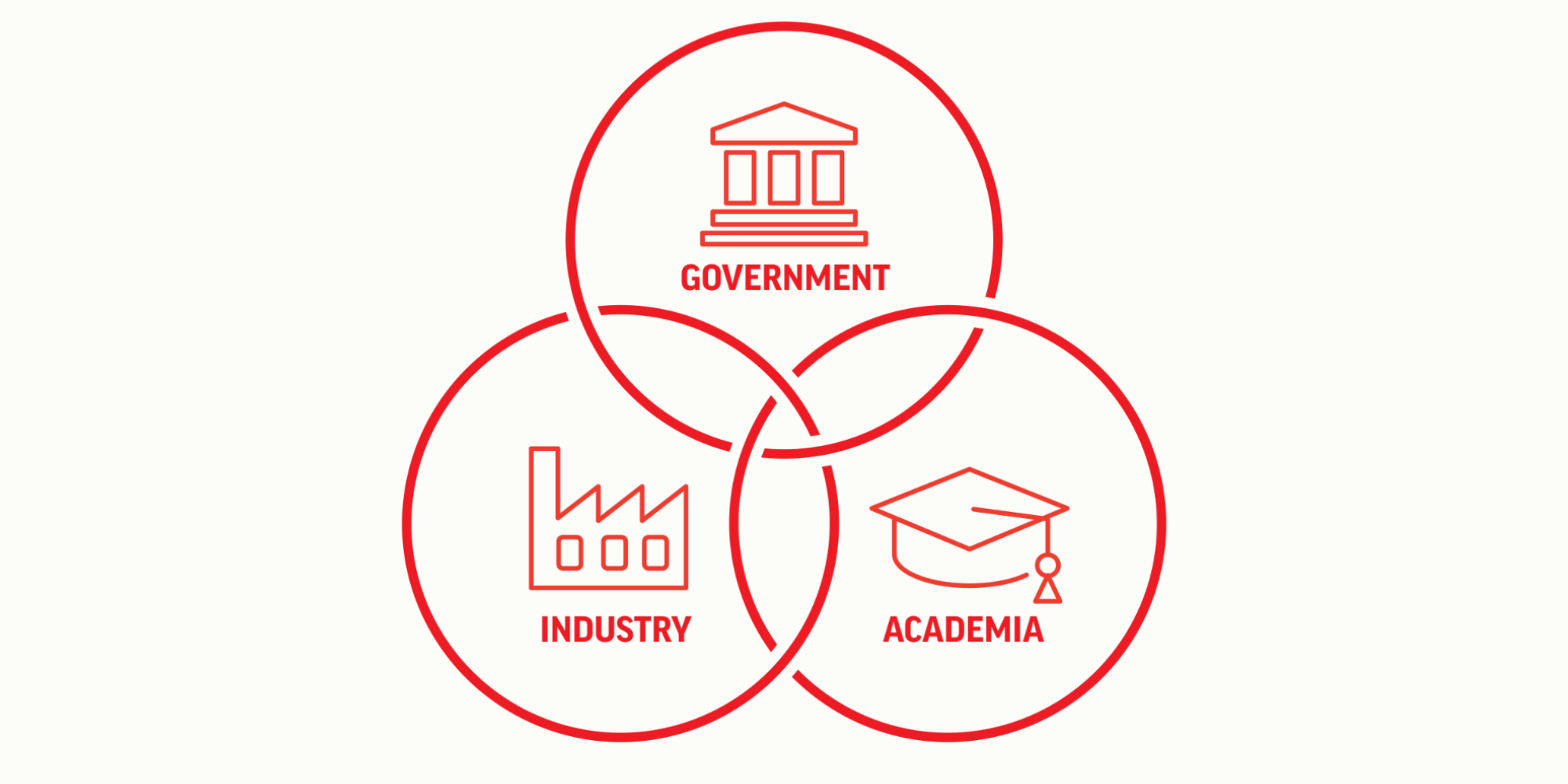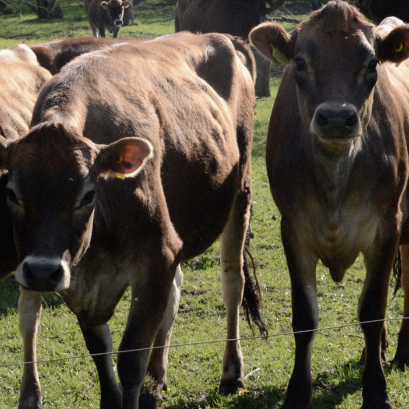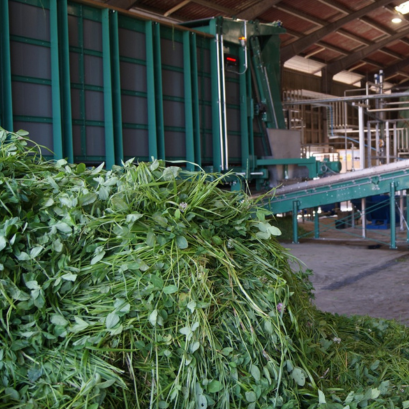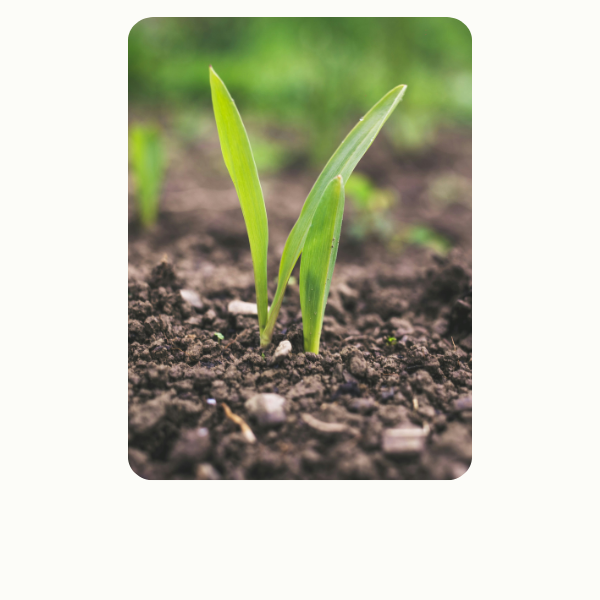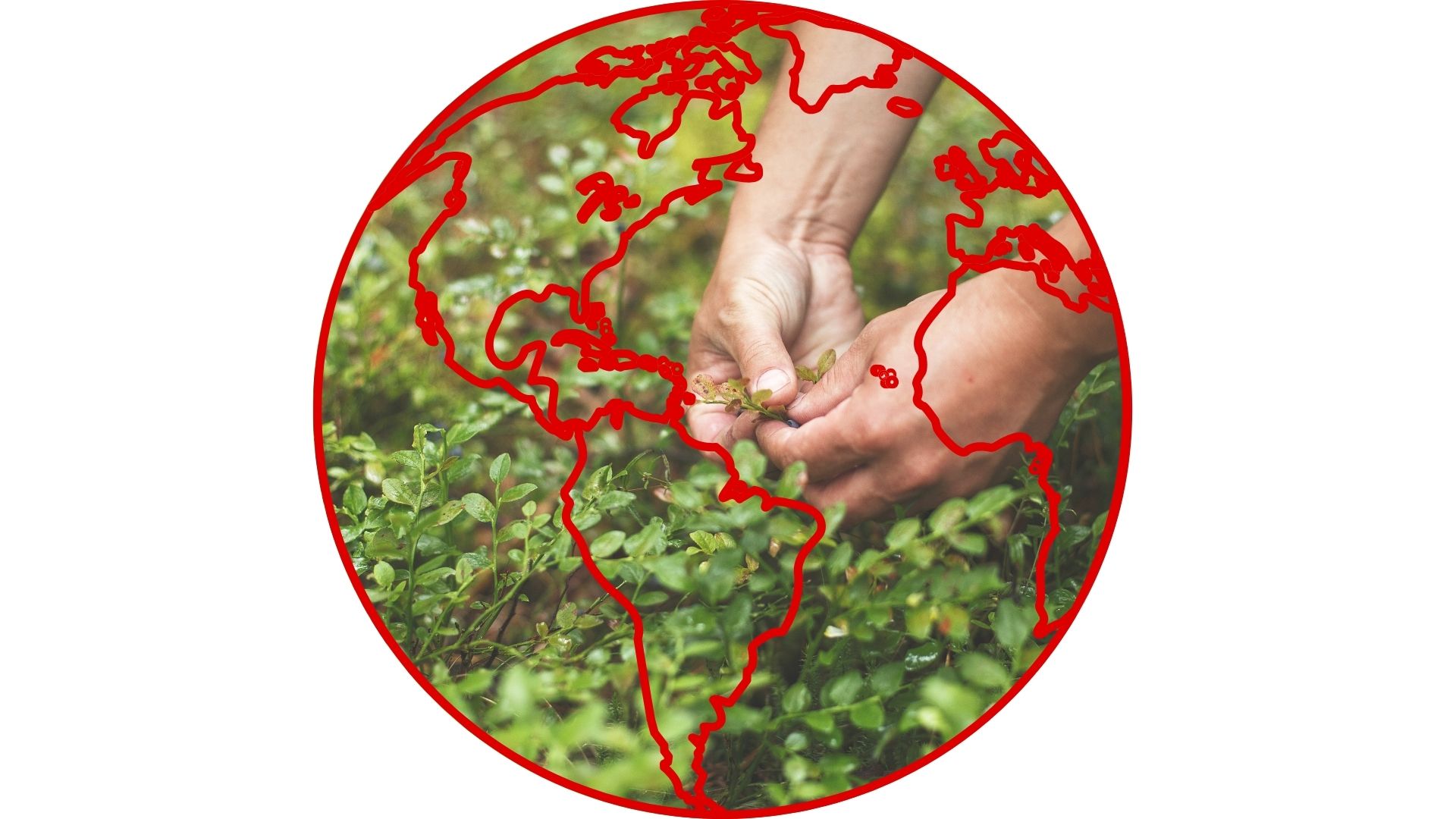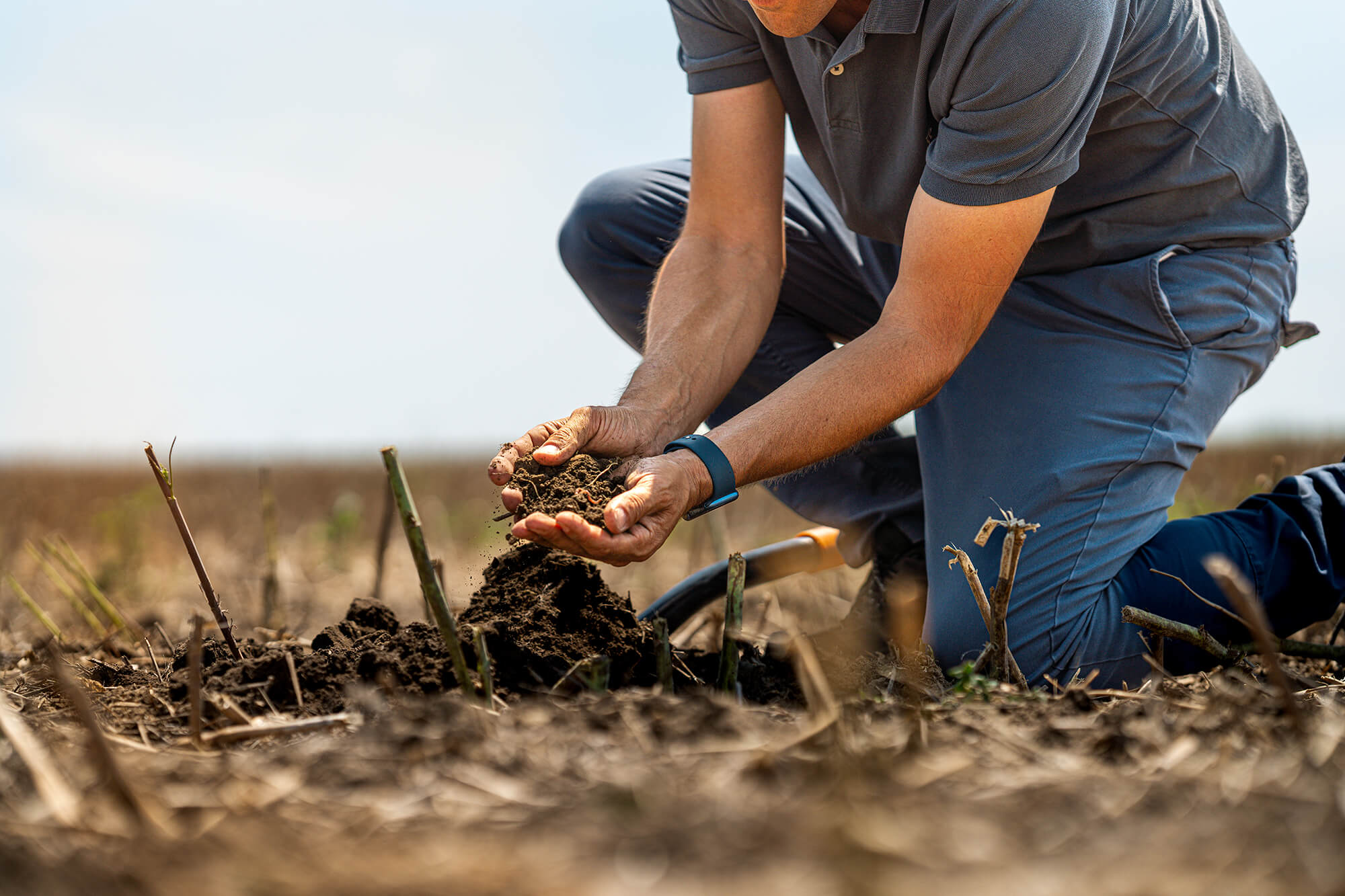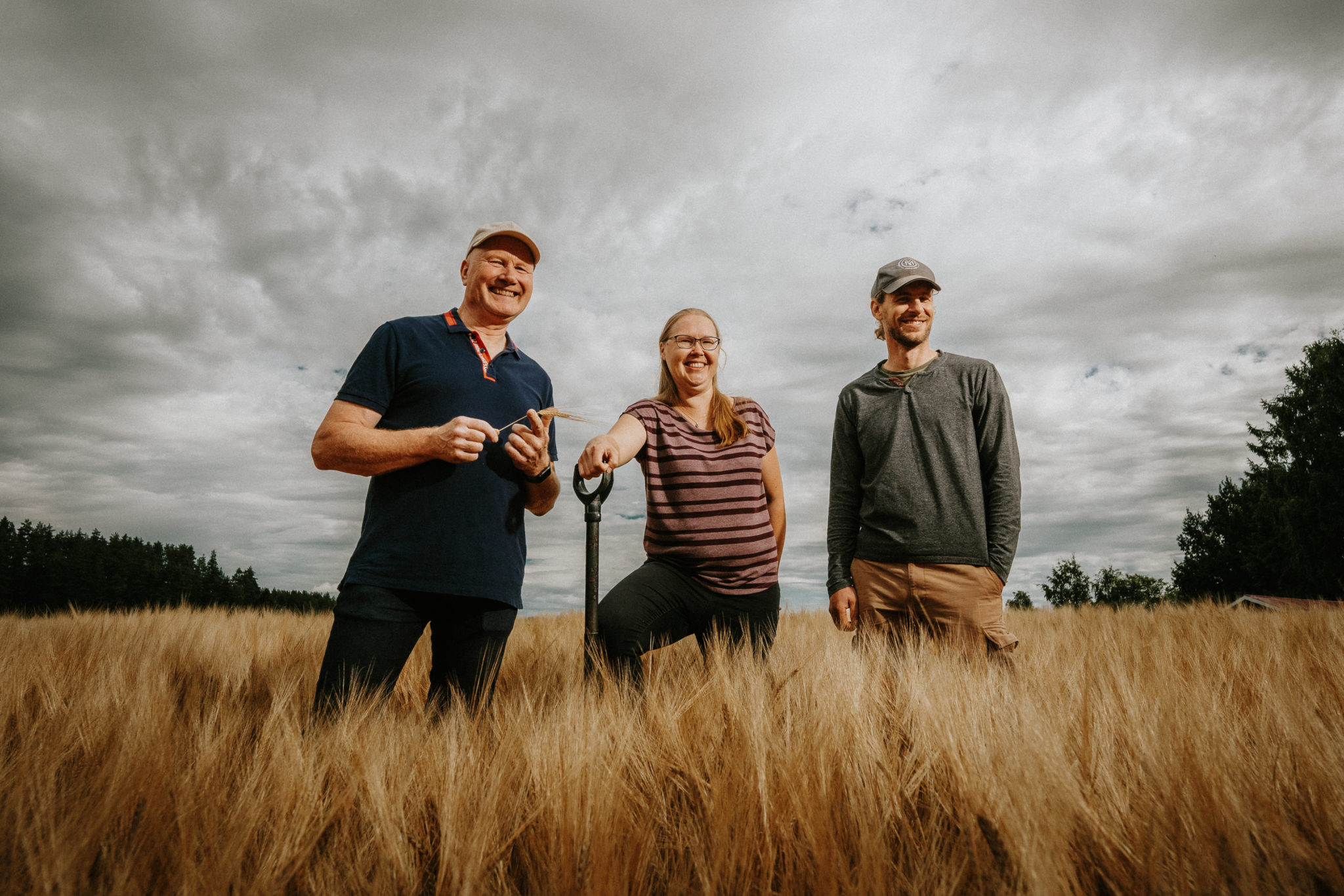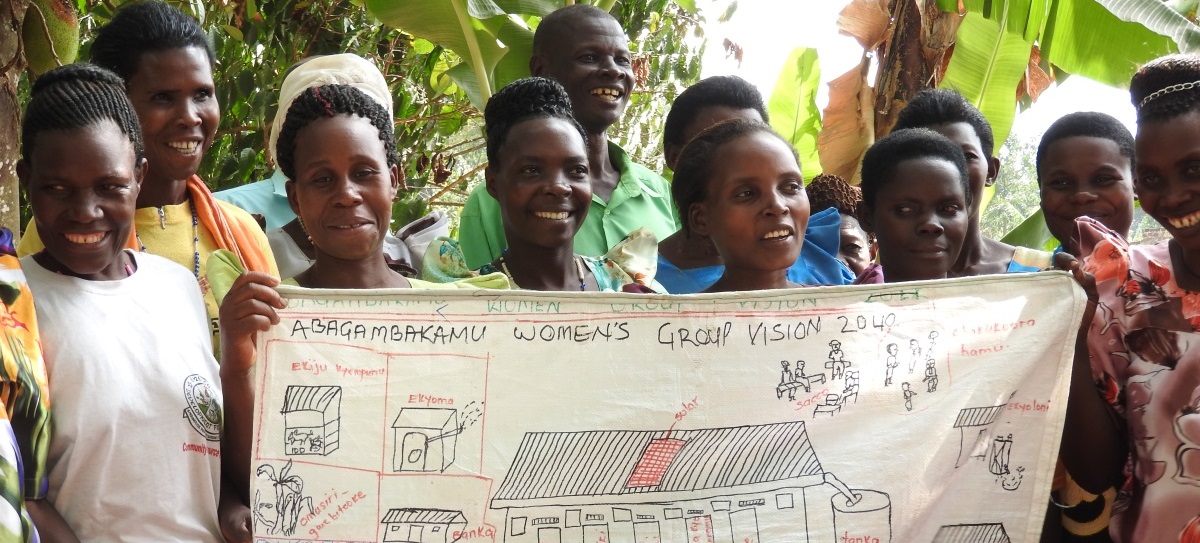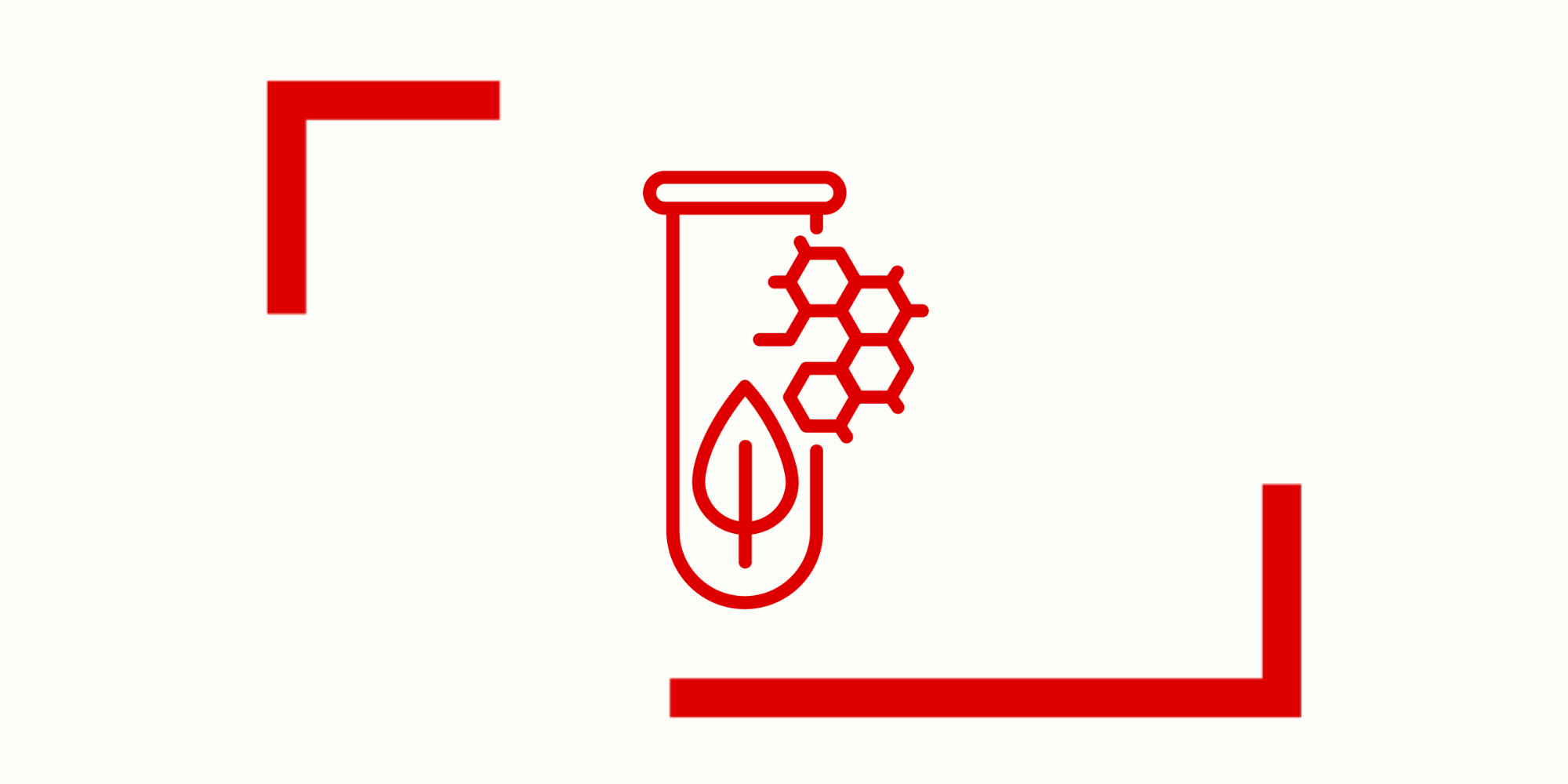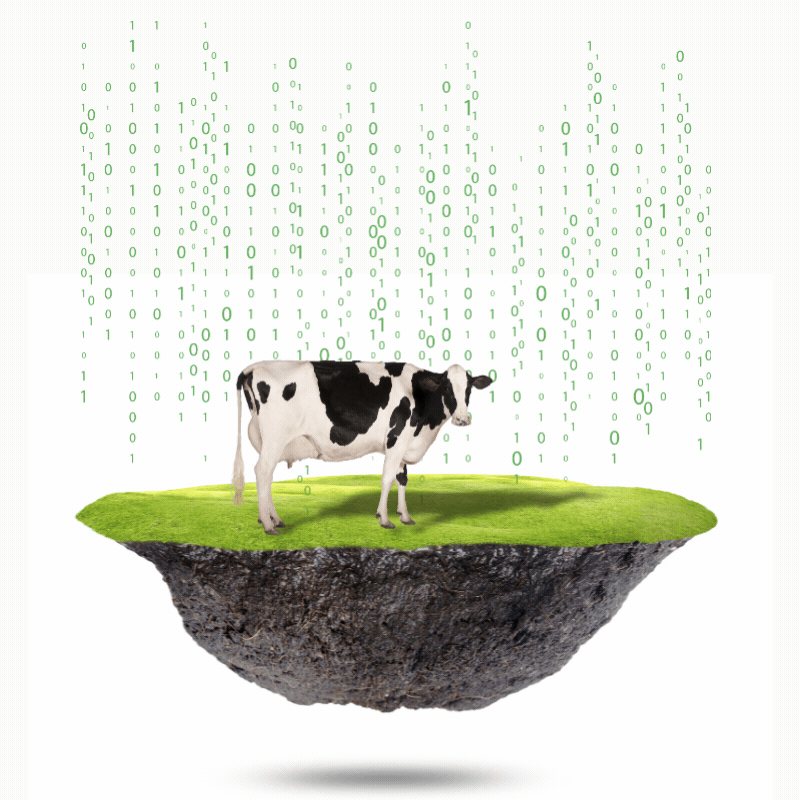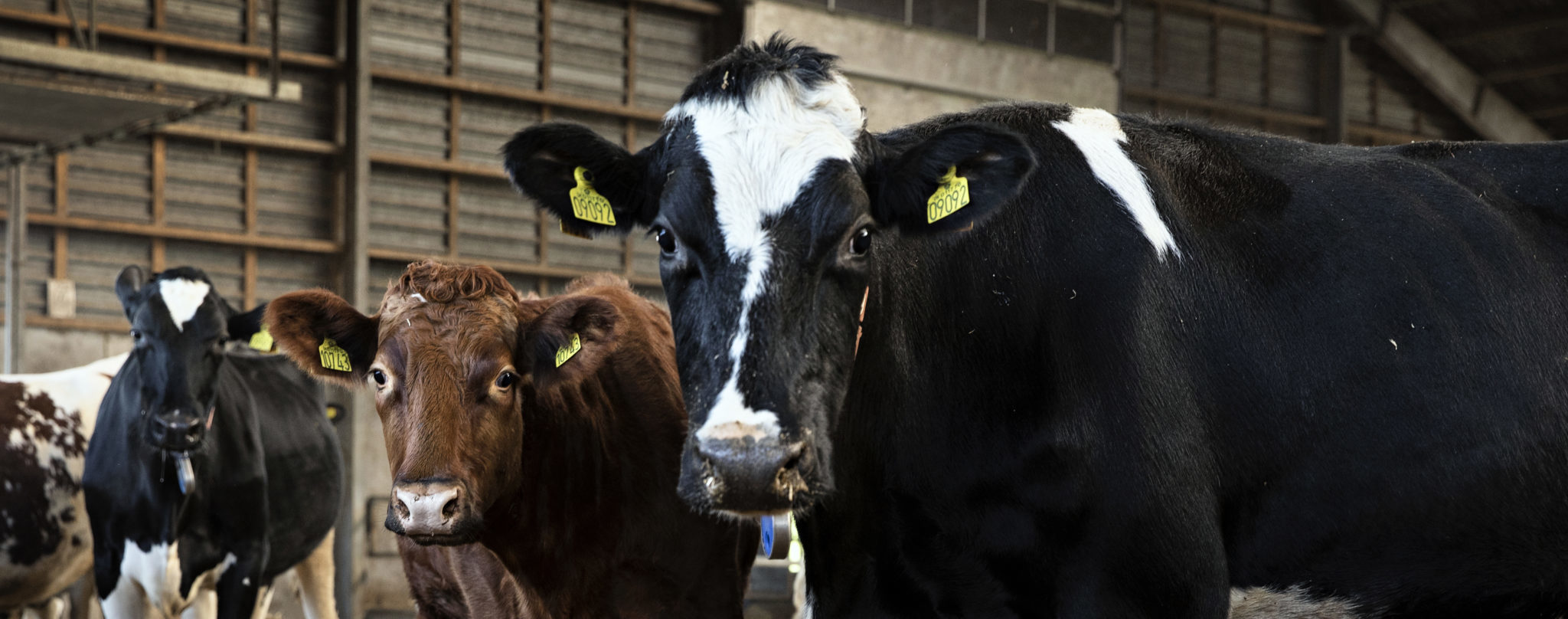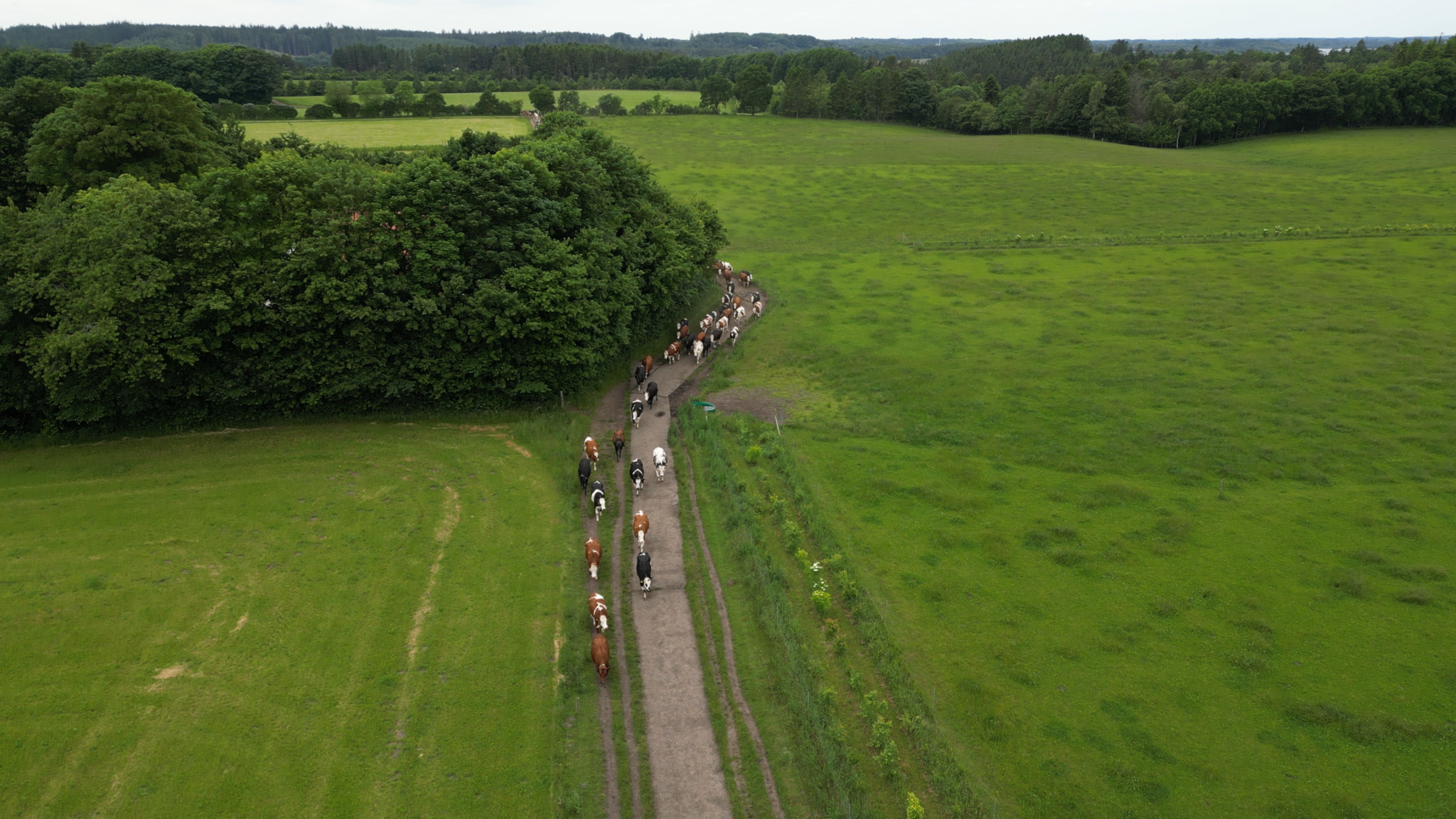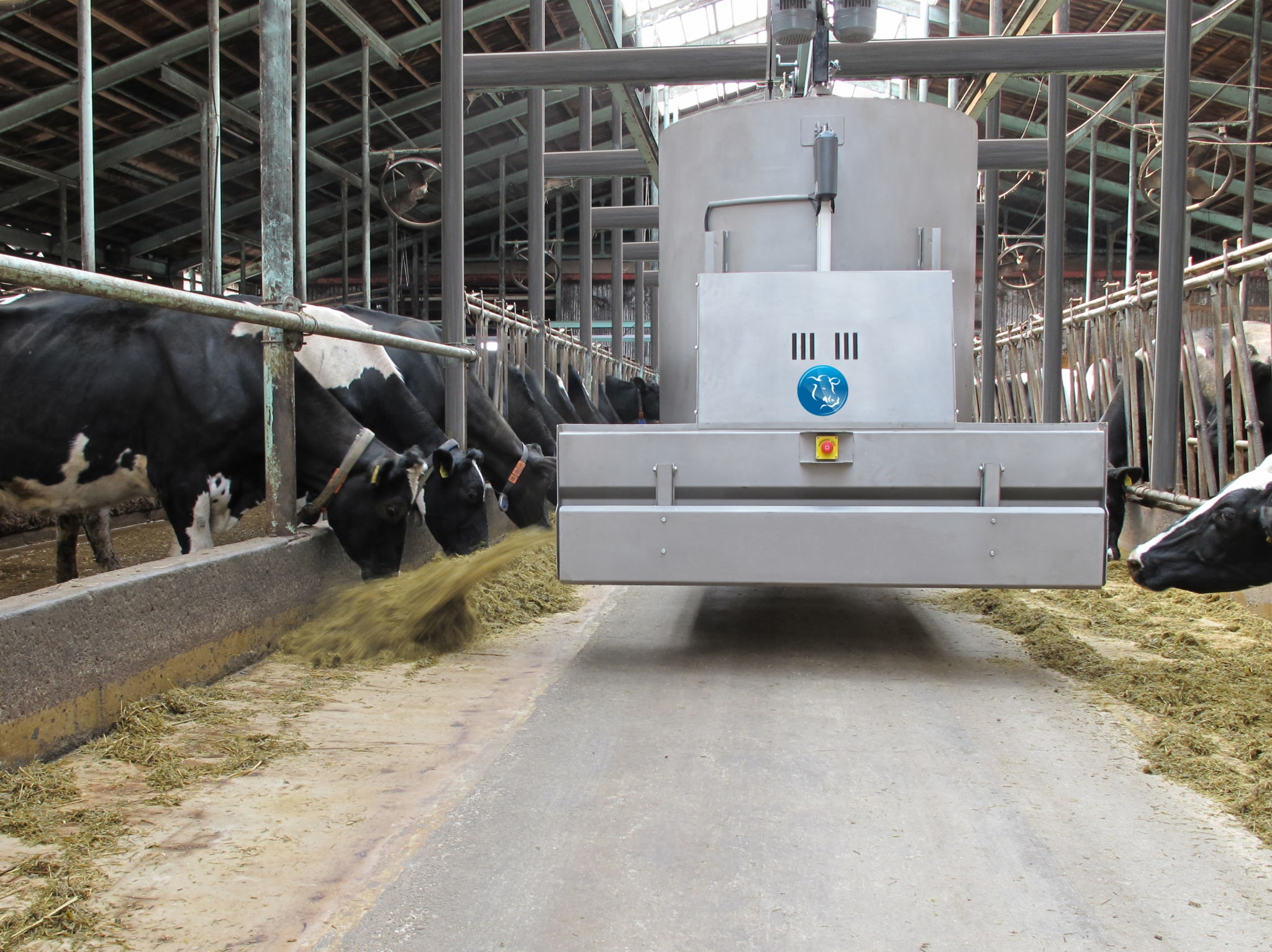FOREWORD
Navigating the path to climate effective agriculture and food production can be challenging, especially when traditional practices are strongly rooted. Change is never easy, but Denmark’s long history as a farming nation has equipped us with the tools to lead the green transition in this sector. Today, our agrifood sector not only supports our economy but also sets a global standard for food safety, quality and resource efficiency.
Denmark has set ambitious targets, aiming for a 55-65% reduction in greenhouse gas emissions from the agricultural sector by 2030. Achieving this will require innovation, collaboration, and the active participation of both public and private sectors.
In this online catalogue, we present five Danish inspirational ways to drive environmental responsibility in agriculture and food systems. These strategies reflect our commitment to innovation and collaboration, particularly through public-private partnerships. Our goal is to inspire and support similar efforts worldwide.
Whether you are involved in policy, business, or farming, we hope these insights will guide and motivate you on your own path to more sustainable production.
5 PATHWAYS TO ACCELERATE GREEN TRANSITION IN AGRICULTURE AND FOOD PRODUCTION
- Denmark’s Pioneering Carbon Tax and Increase of Natural Habitats
- Accelerating Innovation through Public-Private Partnerships
- Sustainable Farming Practices Aligned with Natural Systems
- Proteins for a Sustainable Future
- Adopting Digital Tools for Climate Action
CEO Lise Walbom, Food Nation
